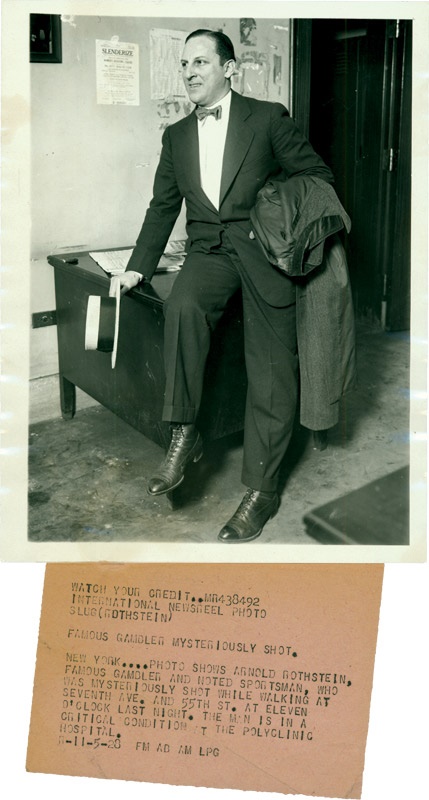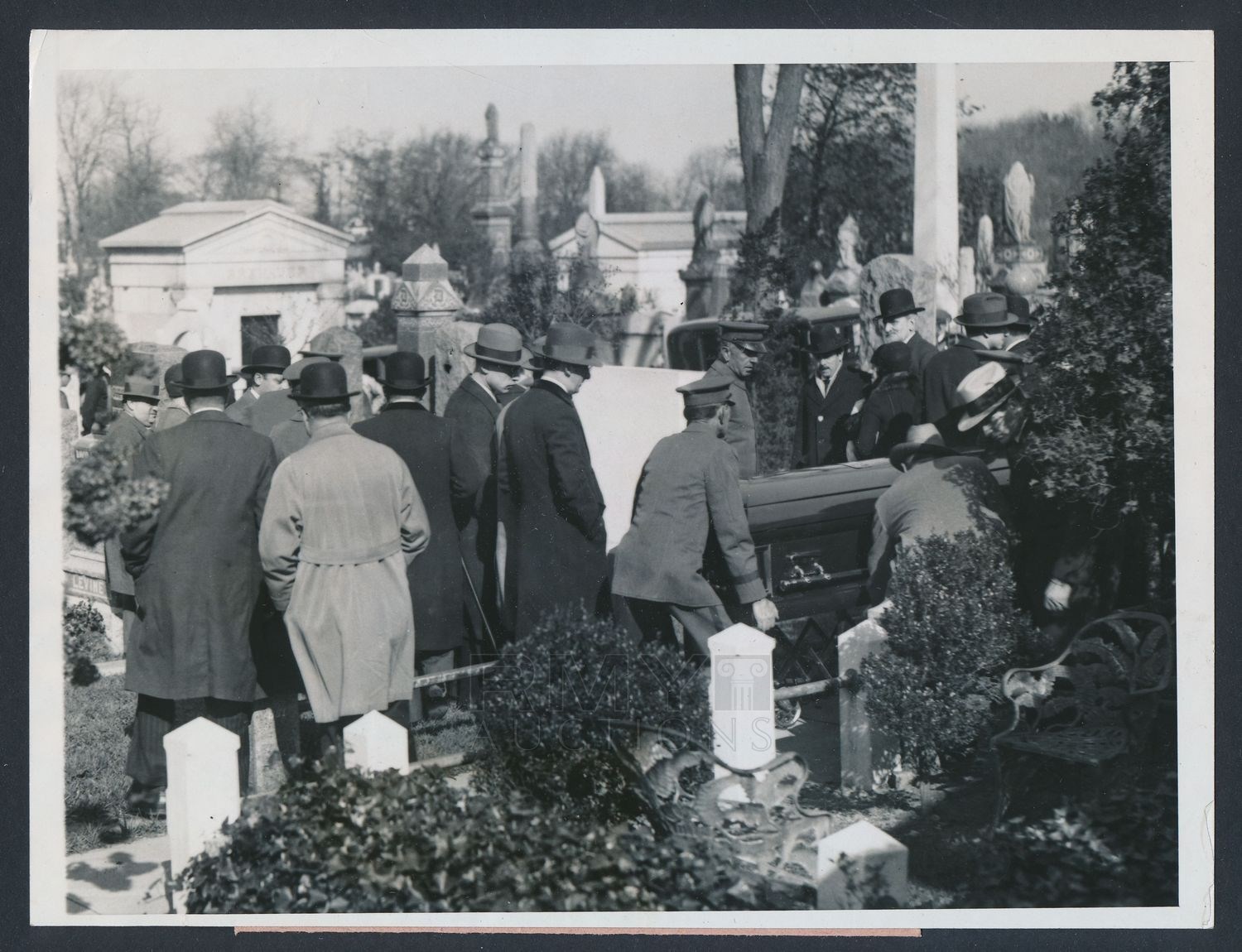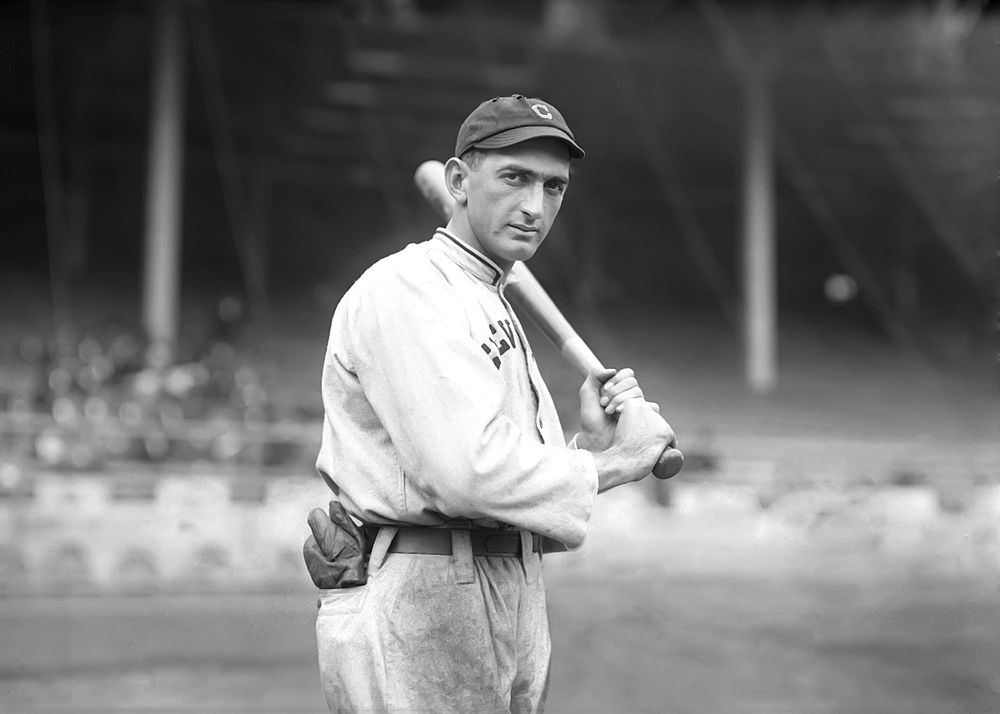Arnold Rothstein And The 1919 World Series




Arnold Rothstein And The 1919 World Series Mvp
To untangle what A.R. tangled we must start at the beginning, with fairly incontrovertibleLeague Cincinnati Reds. The Sox were a talented but
unhappy and faction-ridden ball club. Money played a part in their unhappiness.
Some players felt underpaid and hated owner Charles Comiskey for it. But on the
Sox were men who would have stolen even if had been millionaires.
Not one, but two sets of gamblers, financed the fix. The players stretched out their greedy
retaliated by winning Game Three against Cincinnati, bankrupting one gambling clique
ultimately lost the Series to the Reds.
It was not the perfect crime. Perfect crimes require discretion and intelligence. In
1919, so many players and gamblers flaunted their actions that suspicions
surfaced almost immediately. But nearly a year passed before baseball and civil
Weaver, and utility man Fred McMullin and a ragtag assortment of gamblers stood
trial in Chicago. After several signed confessions disappeared mysteriously, all won
A.R. did very little in direct fashion, and until he caught a bullet in his gut, he never
paid for his actions. If things happened--illegal things, immoral things, violent
things--and he profited from them . . . well that was just how things turned out. No
one could ever prove anything. If he shot a cop--or even three--he walked, and the
authorities found himself indicted. If the feds indicted A.R. for questionable
activities on Wall Street, the case conveniently never came to trial. If A.R. fixed a
World Series . . .
Arnold Rothstein And The 1919 World Series Winner
The events of the series are often associated with the Black Sox Scandal, when several members of the Chicago franchise conspired with gamblers, allegedly led by Arnold Rothstein, to throw the World Series games. The 1919 World Series was the last World Series to take place without a Commissioner of Baseball in place. Feb 08, 2021 Arnold Rothstein and the Fixing of the 1919 World Series (Book Review) By Bill Hughes.